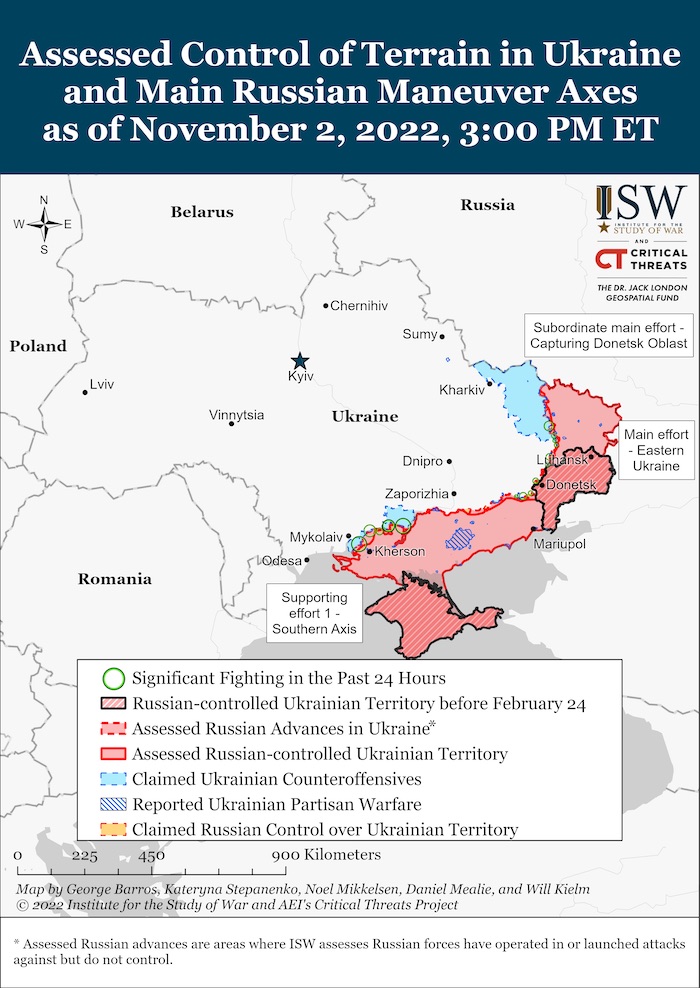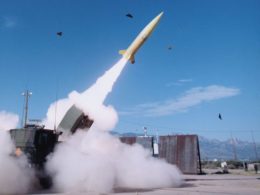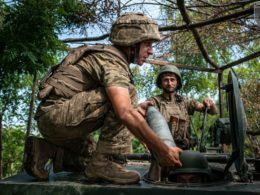Financial experts told Reuters that the Kremlin will face a budget deficit that will “drain Moscow’s reserves to their lowest level in years” due to projected decreases in energy revenue, sanctions, and the cost of Russian mobilization. One expert predicted that payouts to mobilized men including social benefits may cost the Kremlin between 900 billion rubles and three trillion rubles (around $14.6-$32.4 billion) in the next six months.
The number does not account for payouts to other categories of servicemen within the Russian forces such as BARS (Combat Army Reserve), volunteer battalions, and the long-term commitment to veterans' payments to contract servicemen, volunteers, non-military specialists who moved to occupied territories, and proxy fighters.
ISW previously estimated that one volunteer battalion of 400 servicemen costs Russia at least $1.2 million per month excluding enlistment bonuses and special payments for military achievements.
The Kremlin is continuing to rely heavily on financially incentivizing Russians to fight in Ukraine, which will likely continue to strain the Russian economy for decades.
The Kremlin is already facing challenges in delivering promised compensation, challenges that are increasing social tensions within Russian society.
Key Takeaways from the report
- Russian force generation efforts combined with Western sanctions are having long-term damaging effects on the Russian economy, as ISW has previously forecasted.
- Russian President Vladimir Putin’s calls for a competitive Russian military industry are divorced from the reality of Russian supply chain and defense industrial base issues.
- Russian officials announced that occupation authorities began integrating the Zaporizhzhia Nuclear Power Plant (ZNPP) into Russian jurisdiction.
- Russian and Belarusian officials continue to perpetuate the long-standing information operation that Belarus will enter the war in Ukraine on behalf of Russia, but Belarus’ entry into the war remains highly unlikely, as ISW has previously assessed.
- Russian sources claimed that Ukrainian forces continued to conduct counteroffensive operations in the directions of Svatove and Kreminna, and Russian forces conducted offensive operations to constrain Ukrainian forces.
- Russian forces continued defensive operations along the Dnipro River while Ukrainian forces continued their interdiction campaign.
- Russian forces continued to conduct ground assaults near Bakhmut and Donetsk City.
- Russian forces continued mobilization efforts and advertising for volunteer battalions while struggling with low morale.
- Russian occupation authorities continued to forcibly relocate Kherson Oblast residents, nationalize Ukrainian enterprises in occupied territory, and forcibly deport Ukrainian children to Russia.





